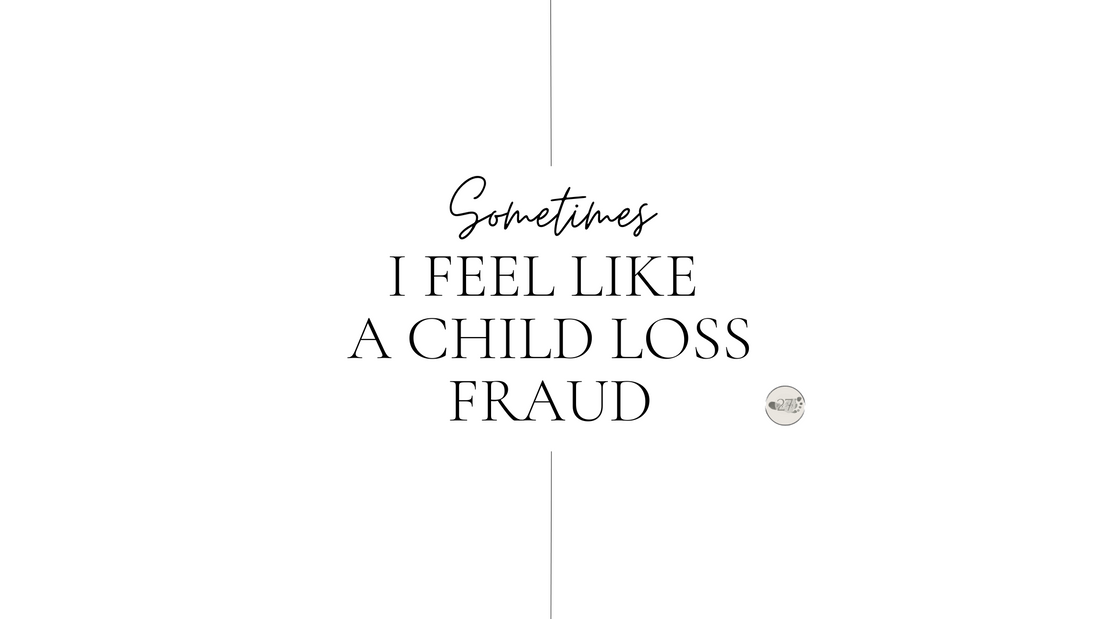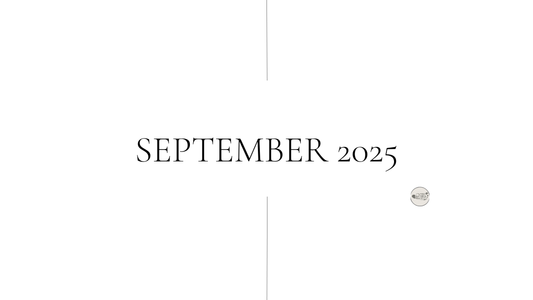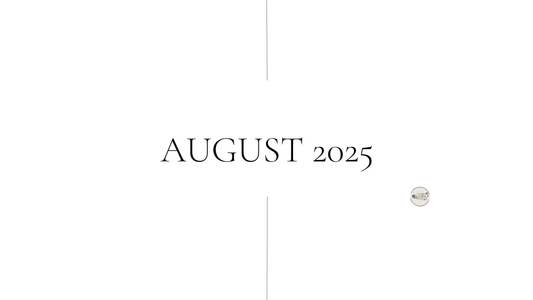My husband and I recently attended a redneck banquet. I make this distinction because the word "banquet" conjures up images in my mind of sleek black dresses, crystal glasses filled with champagne, and laughter oozing with Gatsby-style tension (I know, I know. It's highly unrealistic).
This banquet was attended by an ocean of plaid shirts, jeans, and baseball caps, all eager with anticipation over winning one of many raffled guns.
It's a fun event for sure, but we felt a tad bit out of our element as a couple who doesn't hunt for sport or drink our fill of bottomless beer.
We strategized before our arrival and settled on our usual dynamic: blend into the crowd, make the most of conversations, and enjoy each other's company.
We quickly and unexpectedly ran into an acquaintance of ours. I couldn't place him at first, though he seemed to know me.
"Is he one of my husband's old college classmates? Did we attend church together once upon a time?"
I tried to put a name to his face.
As we walked away I leaned in, whispering, "Help me out, here: who was that?"
"It's Jason," my husband whispered back.
OH. Recently divorced Jason. Jason, whose wife had left him and, in doing so, fueled small-town gossip.
"Let's walk back and ask how he's doing," I thought to myself.
Grief once made me incredibly uncomfortable, a tension most of society commonly reports. I don't feel that way anymore. I wanted to run toward his grief and assure him he was seen, heard, and surrounded by community.
Only a minute or two passed before we wound up standing next to Jason again in the sea of people, and I explained my misplacement: he looked different, and this run-in was so out of context. We then talked pleasantries until the elephant in the room was up for discussion:
"So, I don't know how much you guys have already heard, but my wife left and everything is final."
"How long has it been?" I asked, wanting to gauge where he might be in the cycle of grief.
"It's been 6 months," he replied.
Immediately my own memories of brokenness flooded my mind.
My first engagement ended in abandonment, and the hardest, most terrible part of my healing journey arrived 6 months after the fact. Half a year passed before my grieving lost sight of hope, regressing and slipping into the darkness of suicidality.
I spoke from a concise remembrance of that pain, "Oh, so you're at the point where everyone expects you to be better, but you're not."
I hoped he heard that he was seen in his suffering. I meant for him to hear, "I've been there too, and I get it."
"Yes, exactly. You can't just forget a 15 year marriage."
...Oh.
I suddenly felt that all-too-familiar variation of imposter syndrome.
I knew what rock-bottom was.
I knew what it was to have shattered dreams and dashed hopes.
I knew what it was to sob the word “Why?” over and over until my throat felt like it would burst open.
I knew what it was to despair of life.
However, here I was thinking I knew what it was like for a spouse to jump ship after years of marriage, when, in reality, I only had the vaguest of notions. I have no experience walking through divorce, and am too young to know the depth of a 15 year marriage.
A 9 month engagement is a petty-nothing in comparison with a 15 year marriage.
I decidedly stopped pretending like my experience could relate to his.
_____
Strange as it may be, I encounter this exact feeling on a daily basis.
I run a business and ministry for families who have walked through the loss of a child.

Nearly every day I hear stories:
- of ectopic losses
- of infertility followed by recurrent miscarriage
- of second-trimester silent heartbeats
- of high risk pregnancies with high-stake decisions
- of birthing still babies
- of pre-term deliveries resulting in infant loss
- of discovering a still child in bed after a normal night's rest
and many more horrors I have not personally known.
You see, MyJuly27 (my loss experience) was "just" an early miscarriage.
No D&C.
No agonizing stretch of infertility.
No additional losses to date.
In fact, though difficult and life-altering, my miscarriage doesn't even top my, "Hardest Things I've Lived Through" list.
So, as I polish my website with many resources I haven't had to utilize, my "inner critic" calls me a child loss fraud.
However, here's what I'm slowly learning as I run a ministry I often feel unequipped for:
No two losses can be compared. Each and every one of those events listed above contains a loss of life, fully worthy of grief.
Let me repeat that as I, too, memorize its importance: losses aren't meant for comparison.
Often, when we compare two different loss experiences with one another, someone walks away with their grief belittled.

Participation is often unintentional; nonetheless, this comparison game we play with grief is deadly.
It silences us, isolates us, and speaks lies to our broken hearts.
To my point, I recently received a message and obtained permission to share it with you, here:
"Been eyeing your shop for months...just never felt like I deserved to get anything like this. We had a miscarriage at 5 weeks and nobody knew for a long time because I felt like it wasn't something to share...like I didn't deserve to, because 'It was so early," as people said."
My heart broke as I read her words; words that ring true in my own heart.
"So early" is a common result of comparison which translates as "invalid," as if the trauma of losing a child is only allowable past a certain gestational age.
It's comparable to when I was told years previous, "At least your relationship ended before your wedding day!" assuming marriage loss is always far less painful when it occurs before, "I do."
Between societal messaging detaching personhood from the young fetus, and loss stories which sound drastically more painful and life-altering than our own, we who miscarry often tuck away our pain and try to move on.
Here's the problem: our actions set an example.
When we don't validate our own miscarriage experiences we tell others, "Here's your miscarriage how-to guide. Don't talk about it."
My friend, I'm choosing to talk about it, as uncomfortable as miscarriage discussions may be.
I will inevitably play the comparison game in my head from time to time and feel that my miscarriage was insignificant, but I strive to live out a transparent how-to guide:
- I chose to grieve. Even if our experiences are of relief, shame, or emotions that feel ill-suited to losing a child, it's incredibly important to intentionally grieve. PTSD, anxiety, and depression are all commonly reported symptoms following early miscarriage. If you aren't sure how to grieve intentionally, consider joining a local group through Share Pregnancy & Infant Loss Support, attending counseling, or Connecting one on one with someone who has gone through a similar experience.
- I invited trusted people into my grieving. It's estimated that at least 23 million women miscarry each year. More people than you know have walked the same path. Some of them are willing to take a few steps backward into their own pain so they can hold your hand along the way.
- I named my baby. After all, a "miscarriage" is truly the loss of a son or daughter. I did not find out if I lost a girl or a boy, but chose to name my child, "Kaisa."
- I created a keepsake. When I first placed a pair of perfectly-sized 8 week footprints around my neck, what I knew to be "my miscarriage" became "my daughter." I proudly felt as if I carried the child who should have been Earth-side as my firstborn. Memories I'd tucked away resurfaced, and I smiled through the tears.

Do you, too, sometimes feel like a child loss fraud?
Does your grief feel insignificant?
Do you carry shame over the feelings you've experienced?
You are not alone.
It's never too late to grieve our wounds, and in so doing meet with hope, healing, and goodness in the land of the living.
Author: Shareya Holm, Owner of MyJuly27





1 comment
Beautiful, lovely words Shareya! Fantastically written!